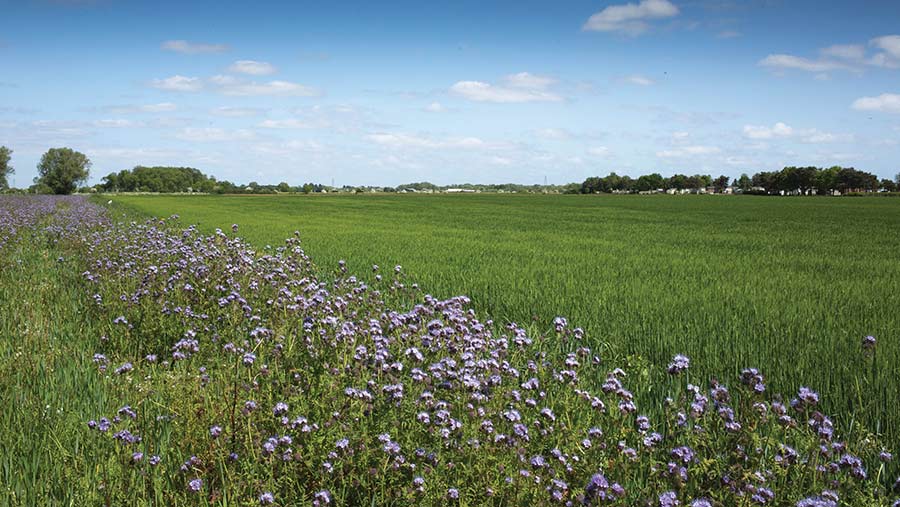Editor’s view: Is environment falling on government priority list?
 © Tim Scrivener
© Tim Scrivener Power corrupts, as the old saying goes, but power also reveals.
A politician on the climb will often seek not to take firm positions on anything anything as they’ll be left high and dry when circumstances change.
Yet when they have the power to make decisions, they will by their actions reveal what their true priorities are.
See also: Editor’s view: Expansion plans always need an exit strategy
A year ago, during what was subsequently the first of two attempts to find a new prime minister, one question I posed for any incomer was: Are you going to maintain the current plans for the UK to reach net zero by 2050?
I now wish I had phrased that question more broadly – perhaps: Are you going to keep environmental issues as high up the agenda as Boris Johnson did?
Dodgy trade deals notwithstanding, Johnson did give much more support than his predecessors to green causes and the people who supported them during his time in power.
Johnson ally Zac Goldsmith is as emblematic of this as anyone, swiping, as he resigned from the government, at prime minister Rishi Sunak for showing “apathy” towards tackling climate change.
But how true is this? Defra has determinedly plodded on with the rollout of its flagship Environmental Land Management (ELM) scheme despite a change of PM and secretary of state.
I think the quiet reception that followed the most recent Sustainable Farming Incentive update last month should not be regarded as acceptance, but rather as a lull as people took time to digest the 156-odd pages of information on offer.
That is borne out by the rash of letters we have printed this week – none of which are very complimentary about the scheme.
Officials and ministers will be anxiously waiting to see what uptake is like once applications open next month.
Yet, while ELM is seemingly not popular, senior Westminster sources have been keen to emphasise to me that keeping the Basic Payment Scheme (BPS) budget at all was not a given after Brexit.
Under Johnson, Defra defeated a scenario, pushed hard by the then Sunak-led Treasury, whereby BPS would have been scrapped without a replacement and farmers would have been forced to fund compliance with ever-tougher environmental rules themselves under threat of steep fines.
To defeat the all-powerful Treasury took clout.
This week, as Defra finally revealed its plans for dairy contract reform, we also learned in The Times that current Defra secretary Therese Coffey has lost a separate battle with one of her predecessors, Michael Gove.
Against Coffey’s wishes, Gove has secured Sunak’s support to unpick current nutrient neutrality rules that block housebuilding in areas where the environment is particularly vulnerable to damage from additional nitrates and phosphate.
This would be a remarkable shift in direction, and will muster loud opposition from the several lobby groups eager to see improvements in water quality made a priority.
So why are they doing it? The answer may be that it is likely to be a key election battleground issue and they have been outflanked by Labour’s pledge to bring back housebuilding targets.
Neither party specifically has the environment defined as one of its key issues, apart from the Labour leader’s pledge to make Britain a clean energy superpower.
There will be many readers who will not be sad to hear that, believing we should be focusing more on other issues.
But before you start celebrating, consider this: To me the latest developments indicate that Defra is slipping down the departmental pecking order in the eyes of both main parties.
The power of environmentalists may be waning, but so may that of farmers.

